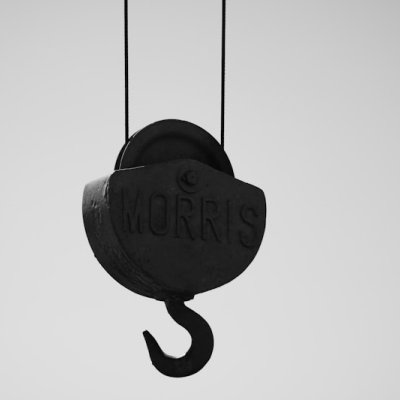lather(
lah
-
thuhr
)A noun is a word referring to a person, animal, place, thing, feeling, or idea (e.g., man, dog, house).
1. (bubbles)
a. la espuma (F)
(f) means that a noun is feminine. Spanish nouns have a gender, which is either feminine (like la mujer or la luna) or masculine (like el hombre or el sol).
The barber added water to the soap and worked up a good lather with his brush.El barbero le añadió agua al jabón y agitó la brocha hasta conseguir abundante espuma.
2. (sweat)
3. (colloquial) (state of agitation)
A word or phrase that is commonly used in conversational speech (e.g., skinny, grandma).
a. no direct translation
This refers to an idiomatic word or phrase for which there is no word-for-word translation.
Opposition politicians are in a lather about proposals to curtail their expenses.Los políticos de la oposición están que echan chispas ante las propuestas de recortes en sus gastos.
There's no need to get yourself in a lather about it. We'll sort this problem out.No hace falta que te pongas histérico. Resolveremos el problema.
A transitive verb is a verb that requires a direct object (e.g., I bought a book.).
a. enjabonar
She lathered the puppy all over with dog shampoo.Enjabonó al cachorro de arriba abajo con un champú especial para perros.
b. enjabonarse
He had just lathered his face and was starting to shave.Acababa de enjabonarse la cara y empezaba a afeitarse.
An intransitive verb is one that does not require a direct object (e.g., The man sneezed.).
a. hacer espuma
Soap doesn't lather so well in hard water.El jabón no hace mucha espuma si el agua es dura.
Examples
Machine Translators
Translate will have been lathering using machine translators
Conjugations
Other Dictionaries
Explore the meaning of lather in our family of products.
Random Word
Roll the dice and learn a new word now!
Want to Learn Spanish?
Spanish learning for everyone. For free.




















